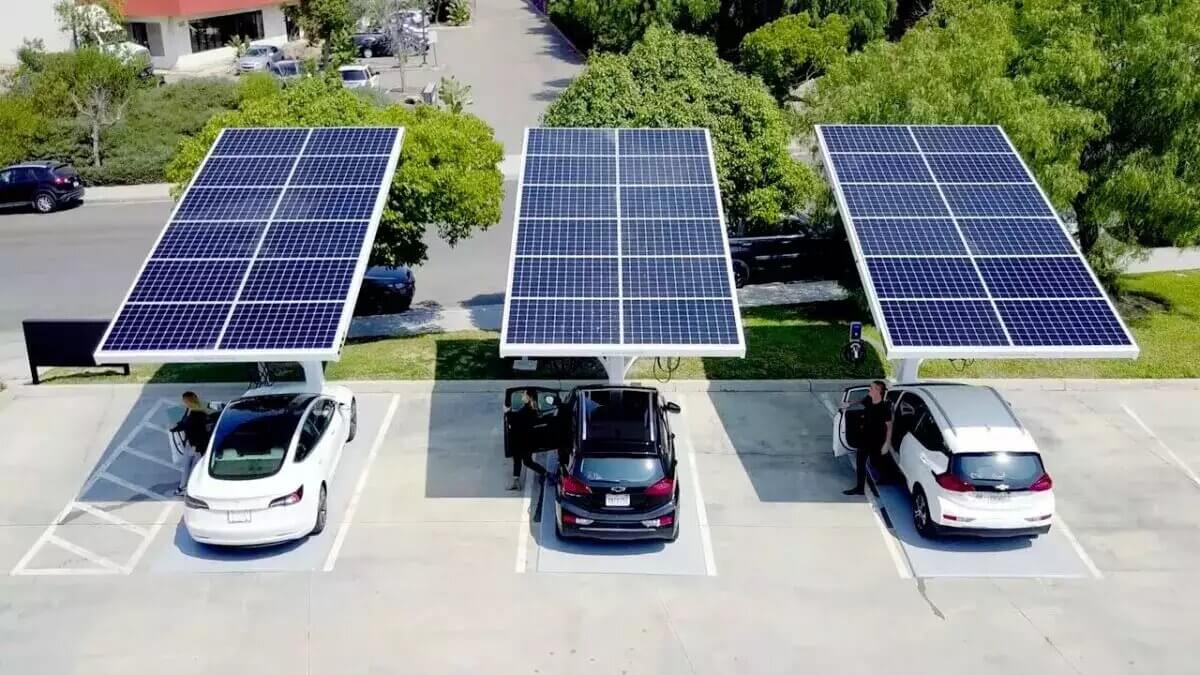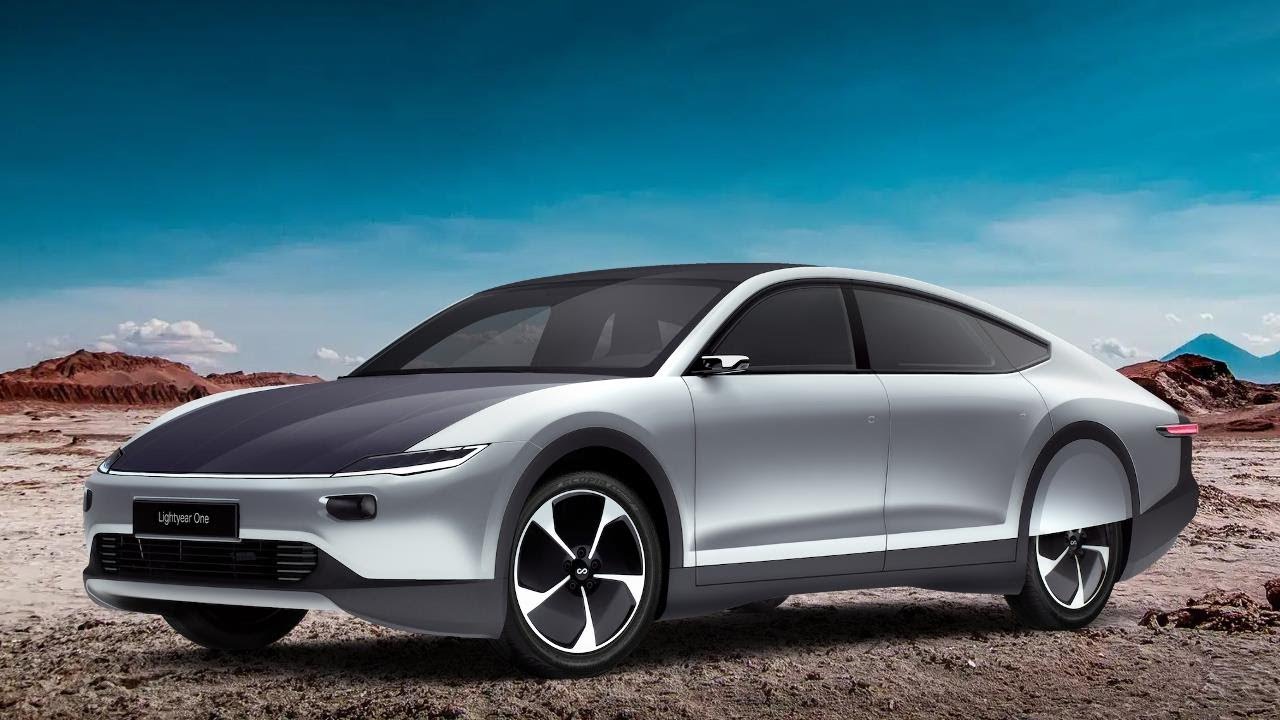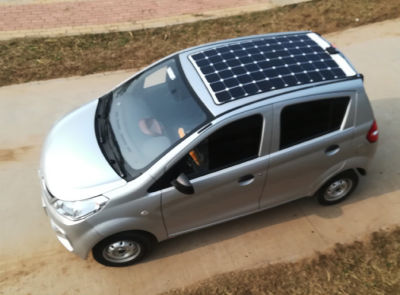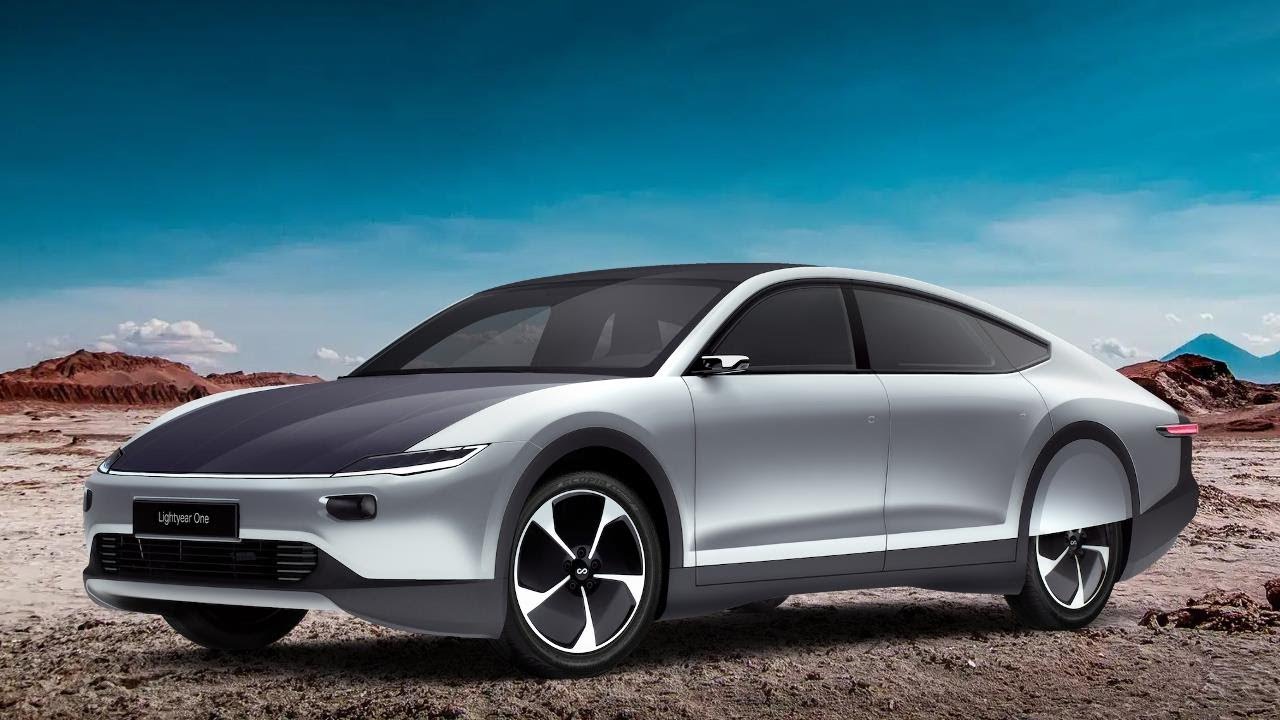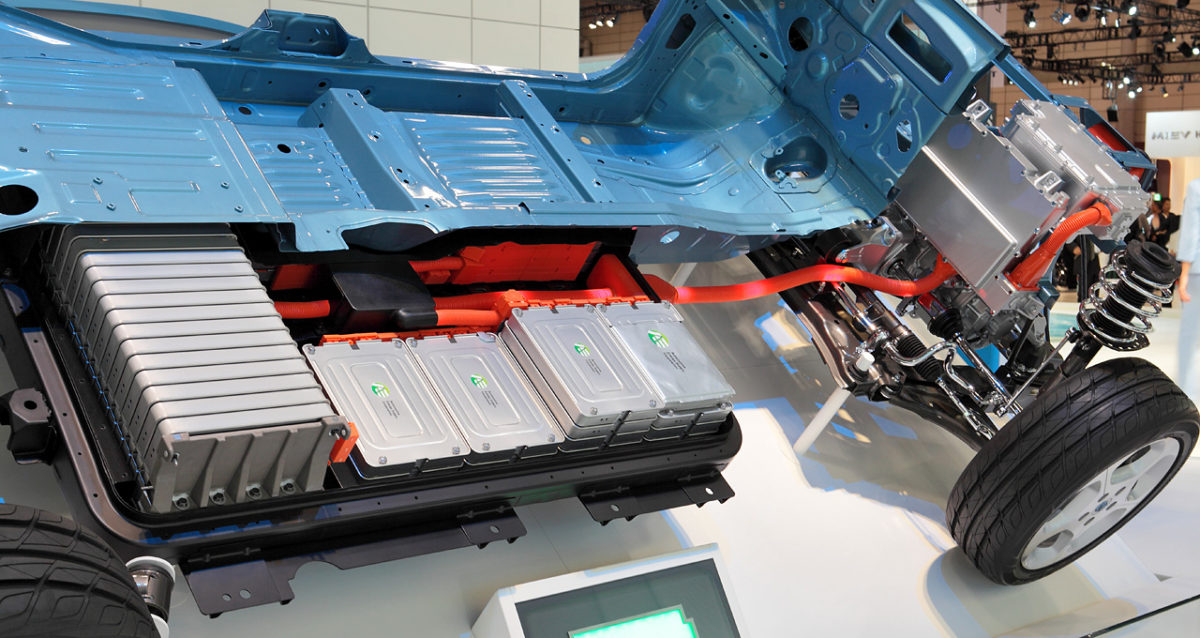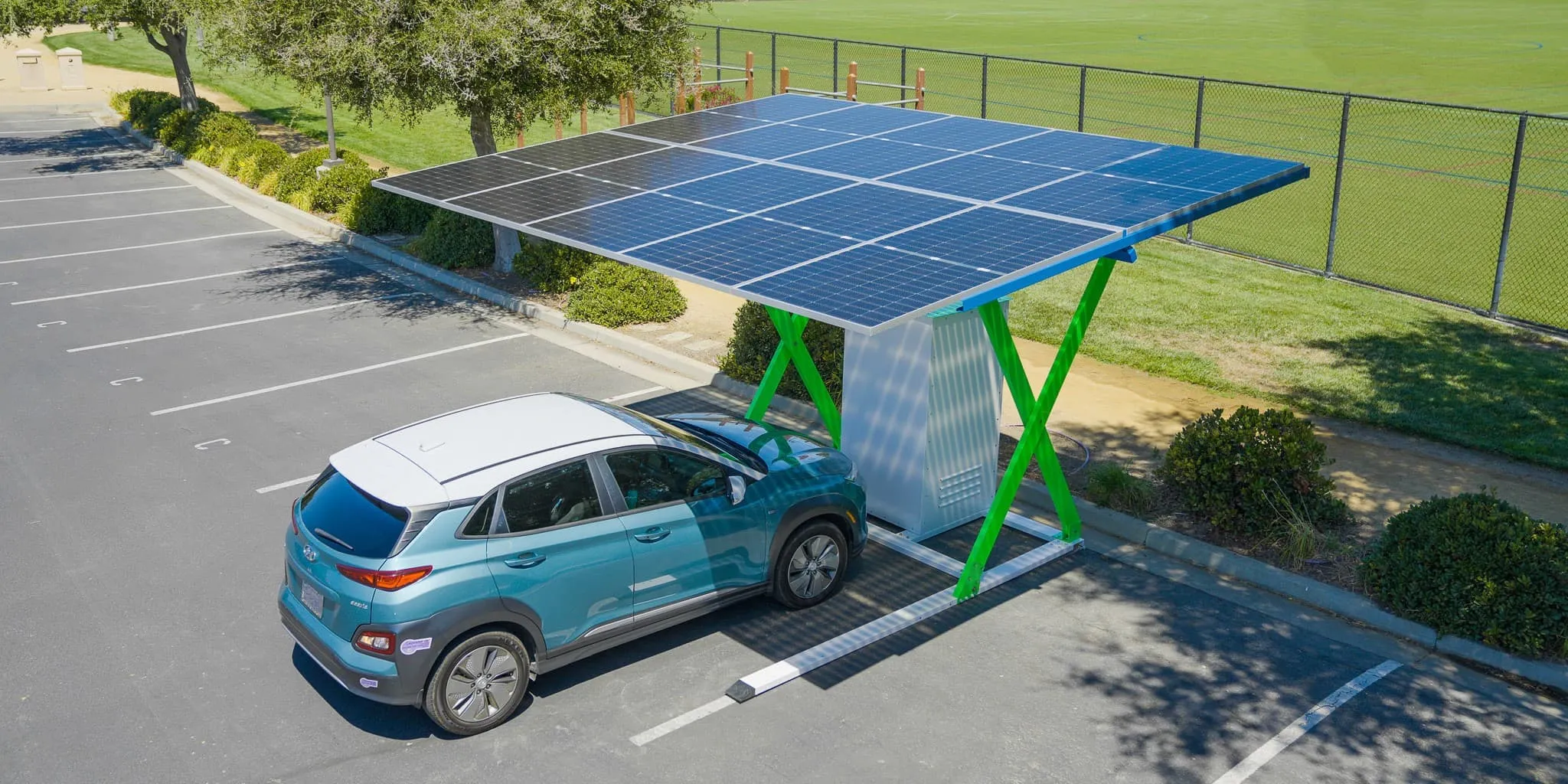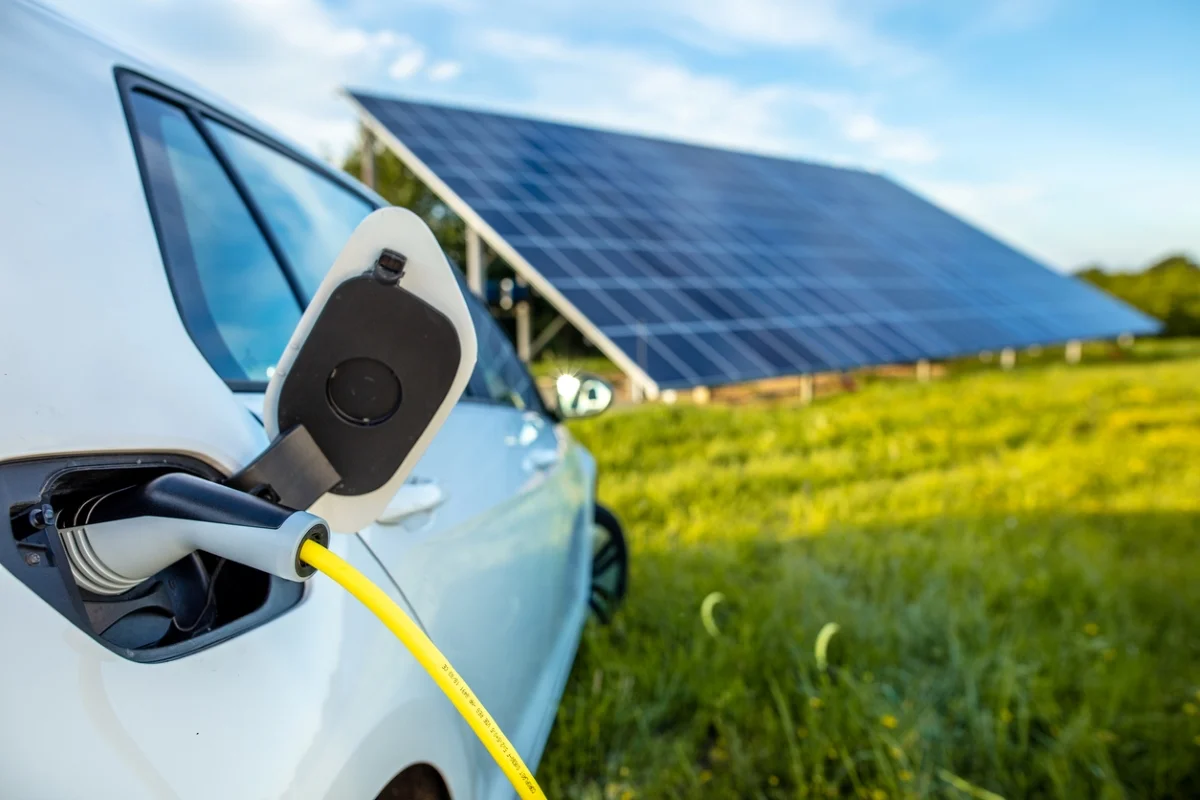Solar Panels Electric Car. As the world shifts towards sustainable transportation, the integration of solar panels with electric cars is gaining traction as a promising solution. In this comprehensive guide, we’ll explore how solar panels can revolutionize the way we power electric vehicles, offering environmental benefits, cost savings, and increased energy independence.
Understanding Solar Panels for Electric Cars
How Solar Panels Work
Solar panels harness sunlight and convert it into electricity through photovoltaic cells. These cells generate direct current (DC) electricity, which is then converted into alternating current (AC) electricity using an inverter. The electricity generated by solar panels can be used to power various devices, including electric cars.
Benefits of Solar Panels for Electric Cars
- Environmental Sustainability: By utilizing solar energy to power electric cars, drivers can significantly reduce their carbon footprint and contribute to combating climate change. Solar panels produce clean, renewable energy without emitting harmful greenhouse gases or pollutants.
- Cost Savings: While the upfront cost of installing solar panels may seem substantial, they offer long-term cost savings by reducing or eliminating electricity bills. With solar-powered charging, electric car owners can enjoy free or low-cost fueling, resulting in significant savings over time.
- Energy Independence: Solar panels provide a reliable source of energy that is not dependent on external factors such as fuel prices or power grid availability. By generating electricity from sunlight, electric car owners can achieve greater energy independence and resilience.
Integration of Solar Panels with Electric Cars
On-Board Solar Panels
Some electric car manufacturers offer models equipped with built-in solar panels integrated into the vehicle’s roof or body. These on-board solar panels are designed to supplement the car’s battery by harnessing sunlight while parked or driving. While the energy generated may not be sufficient to fully power the vehicle, it can extend the driving range and reduce the need for grid charging.
Solar Carports and Charging Stations
In addition to on-board solar panels, drivers can also take advantage of solar carports and charging stations to power their electric cars. Solar carports feature overhead solar panels that provide shade for parked vehicles while generating electricity. Similarly, solar-powered charging stations use solar panels to produce clean energy for charging electric cars, offering an eco-friendly alternative to traditional charging methods.
Maximizing the Benefits of Solar Panels for Electric Cars
Optimizing Solar Panel Efficiency
To maximize the benefits of solar panels for electric cars, it’s essential to optimize their efficiency and performance. This can be achieved through proper installation, orientation, and maintenance of the solar panels. Additionally, using energy-efficient charging equipment and scheduling charging during peak sunlight hours can help maximize solar energy utilization.
Integrating Solar Energy Management Systems
Advanced solar energy management systems allow electric car owners to monitor and optimize the use of solar energy for charging. These systems incorporate features such as smart charging controllers, energy storage solutions, and grid integration capabilities to optimize energy use, minimize costs, and reduce environmental impact.
Read too: A Step-by-Step Guide to Effortlessly Install Electric Car Charger at Home
Conclusion
Solar panels offer a sustainable and cost-effective solution for powering electric cars, helping to reduce reliance on fossil fuels and mitigate climate change. By harnessing the power of sunlight, electric car owners can enjoy clean, renewable energy while reducing their environmental footprint and saving money on fuel costs. With continued advancements in solar technology and increasing adoption of electric vehicles, the future looks bright for solar-powered transportation.
